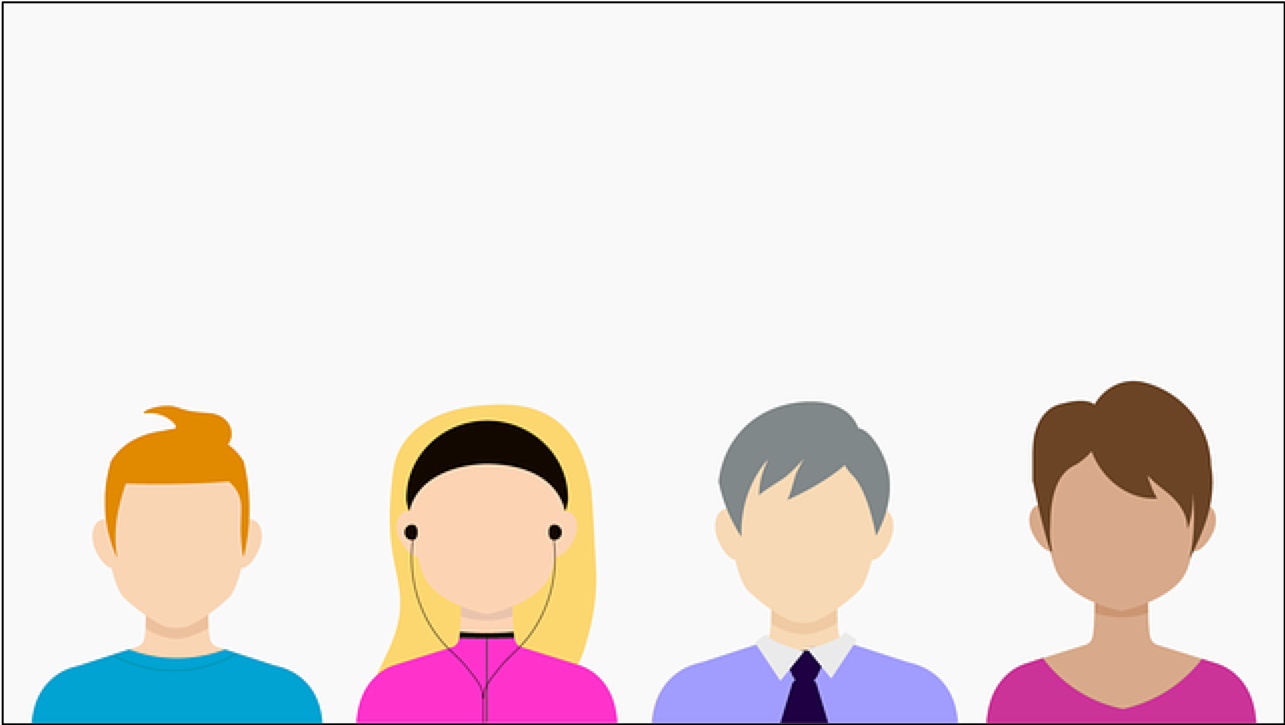
Tips for business: Do you know about your customers buyer personas?
Let us help you find out more with our tips for business …..
One of the biggest mistakes customers make is assuming the everyone is a potential customer. In marketing terms this causes you to look at everyone in the same light and talk to them in the same way. BIG MISTAKE.
Targeting campaigns can be extremely useful for even the smallest business but it takes some thought. It effects your tone language images and which method you use.
What are buyer personas
Sometimes referred to as your marketing personas and customer personas, these are fictional, generalised representations of your ideal customers. Personas help us in:
o marketing
o sales
o product development
o services provision
We try to imagine the ideal customer we’re trying to attract and relate to them specifically, and then talk to them as real humans in their language. This way we learn about what makes them tick. We know the pain points and what makes them go away.
Having a deep understanding of your buyer persona(s) is critical to driving content creation, product development, sales follow up, and really anything that relates to customer acquisition and retention.
In a small business we need to be clever at thinking and engaged with customers, this exercise is a great start. Because we are so close to them, we know more about them, without relying on data and market research (though these help) we can engage our brains and listen to what our customers love, hate and want from us.
If you know your customer you know where they look to find you, what they read and what will attract more people like them.
“I actually have some fun with creating my personas for a business when I’m working on a project. It helps me target audiences for campaigns and it gives what we are saying a better emphasis. In some cases, we have names for a persona which indicates a group we are targeting”
Michaela Barker
Here are 10 things to know about your ideal customer
1. Who is your ideal customer?
Age, gender, family/relationship status, job, personality, triggers, motivators
2. What do they do?
job title, where they work, role, goals, aspirations, hours of work
3. Why do they buy?
pleasure, experience, learning, investment, personal, business
4. When do they buy?
holidays, weekends, after hours, business hours, school hours, when they get paid, certain times of year like Xmas
5. Where do they buy?
in-person, online, PayPal, credit card, cash, phone
6. How much money do they have?
annual salary (disposable income), revenue, allocated budgets
7. What makes them feel good about buying?
values, education, collecting stuff, validation, affirmation
8. What are their objections to buying?
pain points, objections, issues, position, funds, time, resources
9. What do they think about and expect of you?
quality, authority, delivery, value, personal, professional
10. Where do they spend time
Social media, with friends, with family, shopping, working.
With 2020 round the corner these tips for business will help you get on your way to know your customers better. for more help and advice take a look at our drop-in sessions where you can meet with one of our advisors! Or contact us for any other information!
